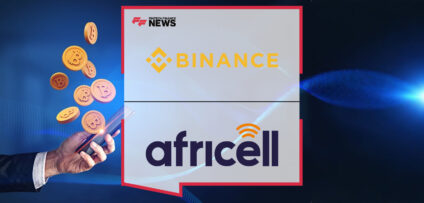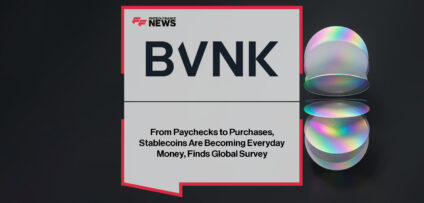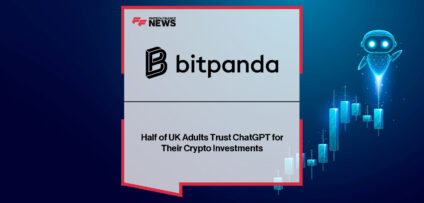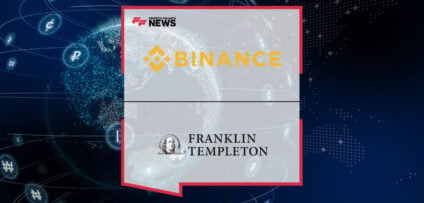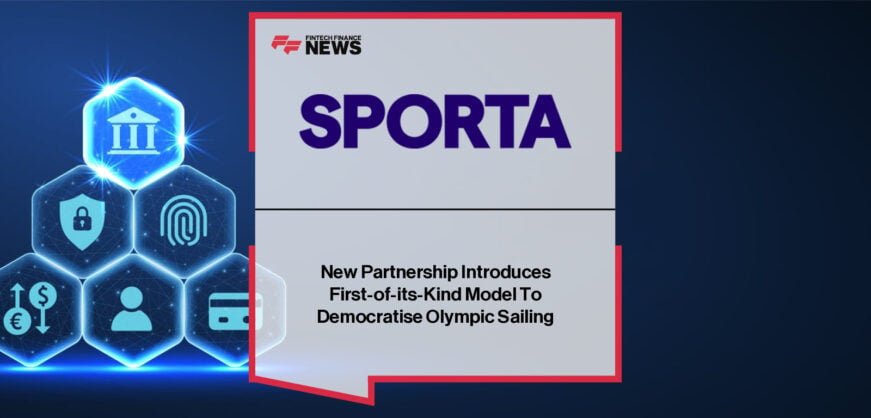Breaking News

The Digital Dollar Project Publishes a Risk Framework for Consideration of a U.S. CBDC
The Digital Dollar Project (DDP) today released the first in a series of risk- and privacy- focused working papers, “Secure Adoption of a Digital Dollar – Operational and Compliance Risks for the U.S. Banking Sector.” This working paper offers a draft unified risk framework outlining possible impacts on the private sector, specific to federal and state-chartered banks, in consideration of a potential U.S. central bank digital currency (CBDC). The working paper is meant to be a catalyst for broad public discussion and can be accessed here.
“The digital dollar will likely play an important role in modernizing domestic and international financial infrastructure. To inform a measured approach to this scale of transformation, the Digital Dollar Project convened a diverse set of subject matter experts to capture and share impacts that a digital dollar may pose to the private sector by beginning with what will likely be the epicenter of change—the banking system,” stated Jennifer Lassiter, Executive Director of the Digital Dollar Project. “Transparent private sector research and experimentation is beneficial to the broader national interest. This working paper is another step toward the necessary discussions regarding the design choices of a U.S. CBDC. All leaders are encouraged to comment and share their perspective so that the paper’s findings are continually refined and built upon.”
The report highlights the need for the U.S. to strike a balance between the benefits of a digital dollar and the risks it might entail. Effective mitigation of these risks requires proactive engagement by the private sector and informed policy choices by the U.S. government. The policy recommendations and findings of the paper are non-exhaustive and represent initial effort toward understanding the potential operational impacts of a U.S. digital dollar. The working paper discusses the risk framework and accompanying policy considerations under the following twelve risk-related themes:
- Token Provenance: Unclear traceability obligations for financial institutions and potential obfuscation of token provenance through mixers and tumblers;
- Onboarding Bad Actors: Potential inter-organizational reliance on the customer onboarding and verification processes of other financial institutions;
- Counterfeit and Double Spend: Potential for counterfeiting existing tokens or creating fake tokens with new identifiers;
- Recordkeeping and Reporting: Potential difficulty complying with federal recordkeeping rules due to the introduction of token-based systems and a multitude of custodial arrangements;
- Convertibility: Currency and settlement risk related to the convertibility of digital dollars against foreign CBDCs, privately issued stablecoins, and traditional deposits;
- Erroneous and Misdirected Transactions: Potential inability to recover erroneous transactions and an unclear relationship between existing regulations such as Reg E and card chargebacks to CBDCs;
- Digital Financial Literacy: Lack of adoption driven by a lack of customer familiarity with the nature of digital assets, such as settlement finality and private key management;
- Custodial Key Management: Risk of the mismanagement of private keys in both custodial, by banks, and self-custodial, by customers, arrangements;
- Wallet Takeovers: Risk of unauthorized and fraudulent access of customer wallets by bad actors resulting in a loss of funds;
- Secure Infrastructure: Risk of network reliability issues or technical compromises, such as encryption errors, malware, DDoS attacks, and hardware breaches;
- Offline Transactions: Risk of offline payments avoiding anti-money laundering and counter-terrorist financing measures;
- Third-Party Management: An increased reliance on third-party services, infrastructure, and applications with a possible lack of direct monitoring or accountability.
“Policymakers and the financial sector should carefully consider the operational and compliance risks and opportunities that would arise for U.S. banks and other intermediaries if they are tasked with distributing a digital dollar. This working paper is an important step in furthering our understanding of where a digital dollar may pose novel risk and compliance challenges for financial institutions. We also suggest ways to mitigate risks and options for policymakers to consider. Perhaps most importantly, our goal is to invite broad public discussion on these complex but critical issues,” said Digital Dollar Project Risk Working Group Member Jonah Crane.
In future iterations, the working group may expand its focus to evaluate potential risks to other sectors, such as money transfer operators, payment networks, and non-financial industries.
The Digital Dollar Project is committed to providing policymakers and private sector organizations with a stronger, clearer picture of what implementing a Digital Dollar in the U.S. would look like across retail, wholesale, and international use cases
Companies In This Post
- New Partnership Introduces First-of-its-Kind Model To Democratise Olympic Sailing Read more
- Bluefin and Basis Theory Partner to Enable Unified Tokenization Across Digital and In-Person Payments Read more
- Invest Bank and AUTON8 Build Partnership to Drive Digital Resilience and Banking Agility Read more
- ING’s AI Roadmap: Platform, People, and Agentic AI Read more
- UK-fintech Provided Over £17.5m in Emergency Wage Advances to More Than 55,000 Employees in the Last Year Read more









